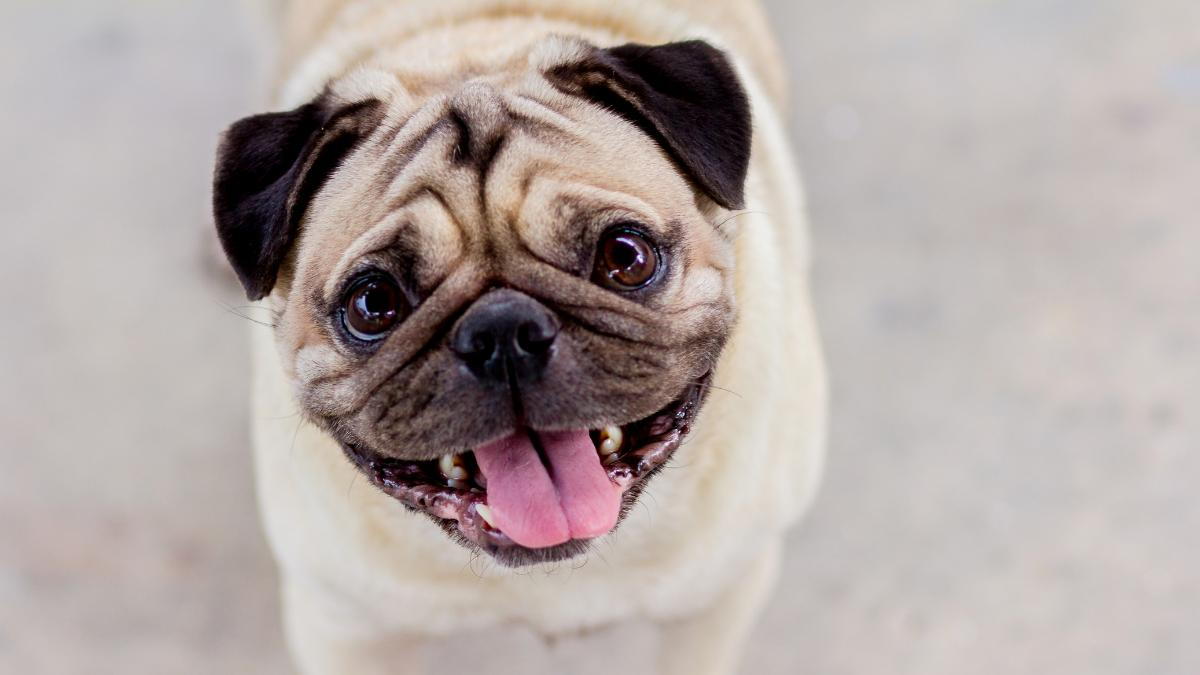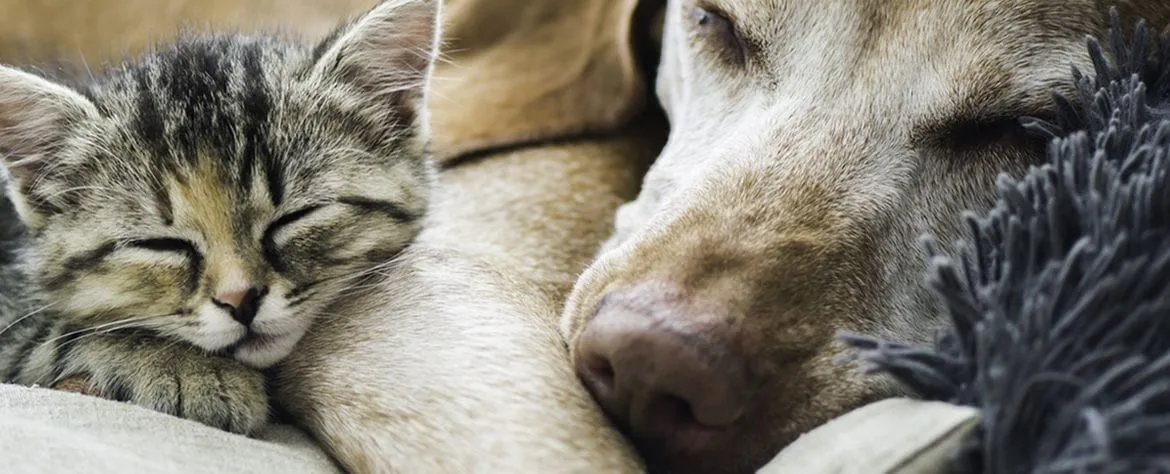
National Smile Day is coming up on May 31st which got us thinking, do dogs really smile? It surely makes you happy to see your pet with a wide grin, whether it be at snack time or during a belly scratch, but you're not sure whether you're imagining it or if your dog is actually happy.
There are many reasons why you might see a dog smile. Maybe you've just returned home from a long day of work while your dog's been home alone. Maybe your dog hears the shake of their bag of food. Many people think their dog smiles widely when they're in a car enjoying the feel and smell of the breeze.
But, just like humans, the reasons a dog may smile are subjective. What makes one person — or dog — smile is different from what will make another person or dog happy.
For many years, animal behaviorists largely agreed that animals weren't smiling because they were experiencing joy, but instead because of a muscular reflex. Because of this, most people also believed that dogs didn't smile as a way of showing their emotions. That belief, however, has been challenged.
While there are new studies that indicate that some animals might be smiling to express emotion in the way that we perceive smiling, as humans, we need to adjust our mindset slightly when we question whether or not a dog's smile is real.
For example, if you're watching a movie and a character says something funny, you're likely to crack a smile or laugh. Don't expect the same from your pet. Your dog isn't smiling because they find something humorous. Instead, they're smiling because they are calm and relaxed and, because of that, one could venture that your pet is happy.
Similarly, some dogs will appear to smile if they are showing submission to their human counterparts. This relates to the dog being in a relaxed muscular state.
How Do I Know If My Dog Is Smiling?
Do you see the corners of your dog's mouth lift slightly? A dog's smile looks similar to a human's.
The ASPCA explained, "A relaxed dog will likely have his mouth open and may be panting, with no facial or mouth tension. The corners of his mouth may be turned upward slightly." It's important to understand that while you may see their teeth when they smile — which is commonly a sign of aggression in dogs — the rest of their body language should indicate how the dog is feeling.



